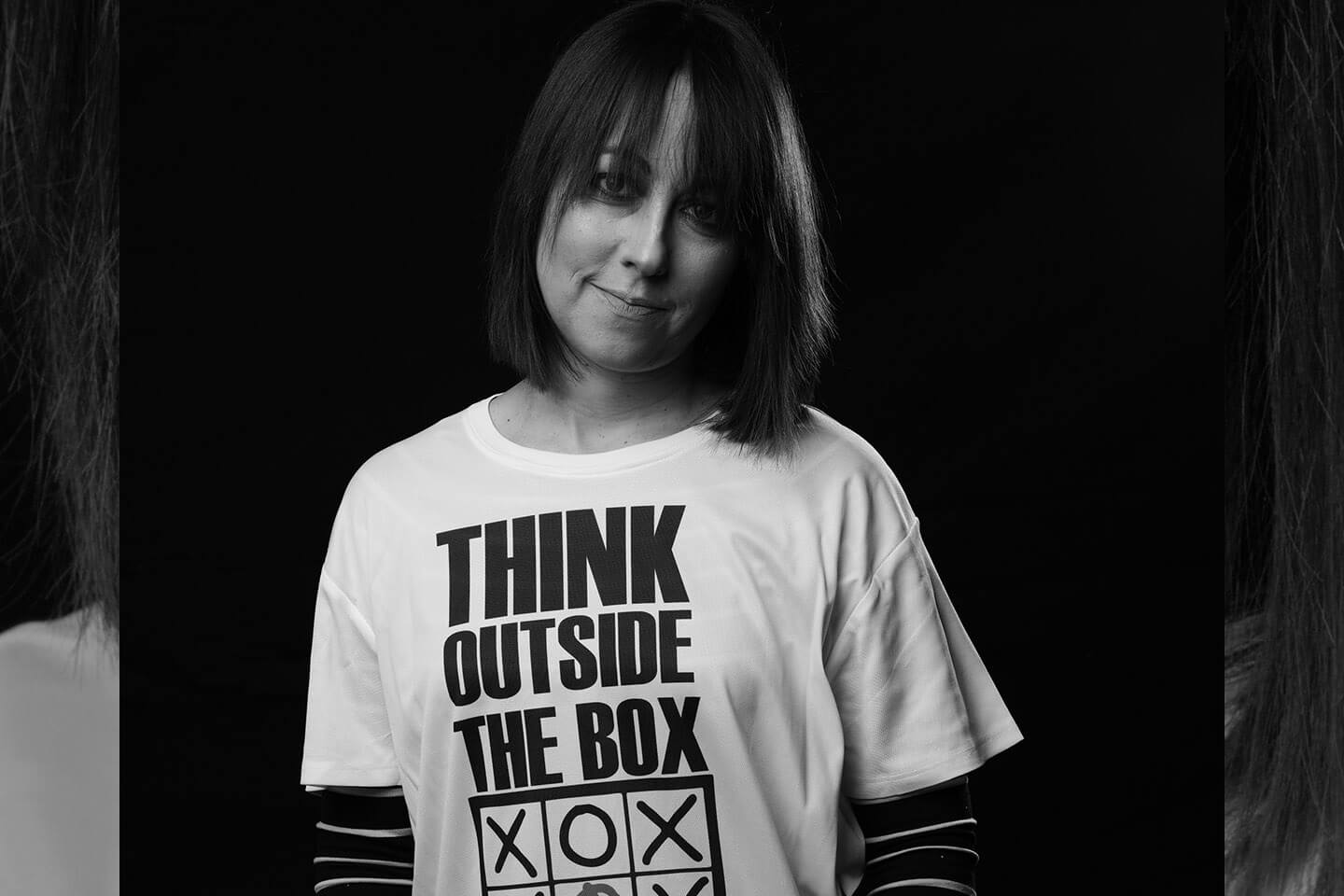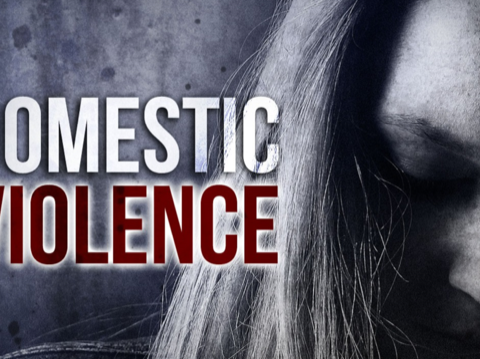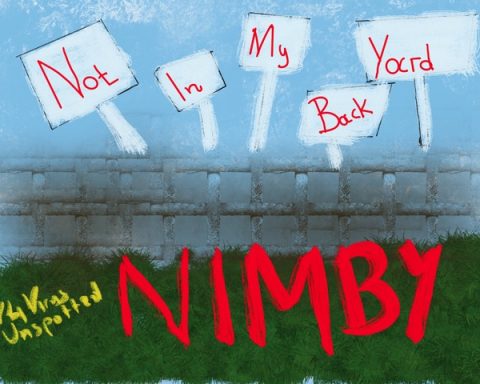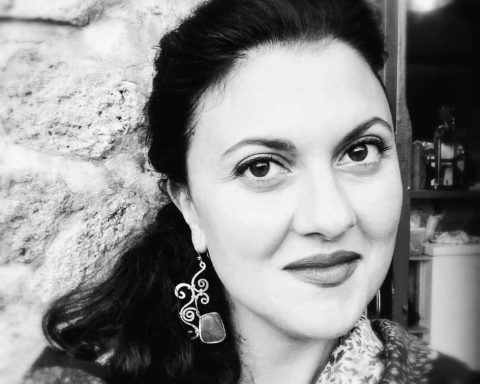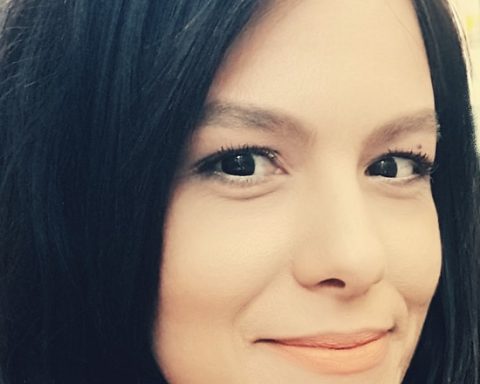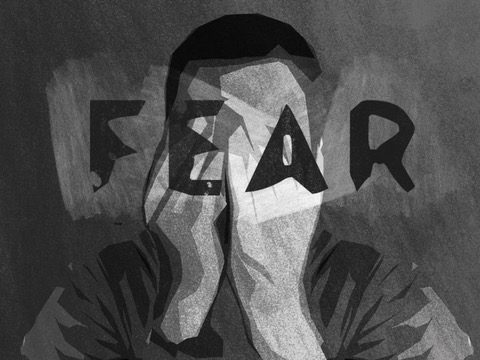I know Vasso. Vasso woke me up! She slowly explained to me that I belong to a small community of teachers who see things differently. She told me about all the things that broke her down and the challenges she still faces. So, I understood why she came to me terrified. And I got scared too.
There are, you know, many heroes among us. They are not promoted on the media so they do not have a voice, but their voice must be heard.
The cover of this first issue, therefore, does not host an international or local celebrity, but an everyday woman and, above all, a mother.

Vasso introduced herself to us as the mother of a sweet boy and she is here to testify her own reality. “My son has ADHD (Attention Deficit Hyperactivity Disorder) and suffers from Specific Language Impairment,” Vasso says. ADHD is a neurobiological disorder, quite common, that follows the child into adulthood. The most common symptoms in childhood are inattention, hyperactivity and impulsivity. Specific language impairment is characterized by speech problems. Vasso has fought hard for her child. Her struggle was not only about the early intervention process and its financial burden, but most importantly about how the child is treated in the broader social context.
“My little one has now, learned to ignore bullying. My child has been bullied a lot. I was trying to convince him that he had to accept himself, that he was different, as every child is. It is difficult, very difficult, even for me who have been living with ADHD for the last eight years so I cannot imagine how difficult for a parent of a child with autism or for a parent with a child with intellectual disabilities life can be. The difficulties in not being able to express himself required a lot of patience from me. It takes a lot of patience to handle your child’s ups and downs,” she says. “Throughout this course I have received a lot of advice and I keep this: We accept the situation; we exculpate the child” and what she particularly stresses is: “There is no reason for a mother to be ashamed, because I have seen this too, to be ashamed of her child. Acceptance is a very important step, because if you do not accept it in the beginning, then the child, according to testimonies of other special educators, will get to a standstill and will not even be able to pass the final exams. I don’t want my child to become a scientist, the choice is his, but I want him to become a decent and happy person.
” Vasso tells us she constantly points out to her child that life is hard and people are cruel.
What makes her particularly happy as a mother, she says, is that, although her child as well as her were traumatized during the evaluation process and the child’s first contact with the school environment ,he has now ceased to beg to be accepted by other children. “My boy has embraced the fact that he is different, he is positive in progression, he wants to be accepted by everyone, he never rejects any child. I am trying to raise a child who tomorrow will be able to stand up as a proper adult in society. The fact that he experienced rejection at a very young age, perhaps did him good, time will show.”
My boy has embraced the fact that he is different, he is positive in progression, he wants to be accepted by everyone, he never rejects any child.
Vasso
I wanted to interview Vasso because I was shocked by the cruelty of people that sometimes leads others to despair. I am referring to the incident of a teacher who took her autistic child’s life and then ended hers. First, she was accused by everyone and only it was found out that she was left alone with no hope and help or support, they showed some sympathy. The main problem parents, who have non-neurotypical children, face is their acceptance of the environment, often lack of understanding or even tolerance. As people, we find it difficult to understand and accept each other’s diversity. It is perfectly reasonable and requires a great deal of empathy and emotional intelligence, this exact ability: to understand your fellow man’s psyche.
If perhaps, someone had offered that poor woman some support, we wouldn’t have had this outcome.
When I asked Vasso her opinion about this incident she said to me, “Mothers shouldn’t expect from strangers to feel and love their child as they do. We have been brainwashed with the model of the typically developed child that must act like all the other children and be perfect, speak correctly, be good at school, music, sports, painting, and martial arts. As for the teachers I just want them to let my child try.” When I asked Vasso where parents should derive that strength from, she replied that they get it from their own child. “When you see your child happy, either he suffers from autism, ADHD or dyslexia, and when we stop caring about what people are going to say about them, then there isn’t a need for anything else. It is me and my child.
” Vasso emphasizes that fatigue is both physical and mental, as her little boy besides school has to attend many interventions and activities, some necessary and others of his own choice. Her son’s assessment was a punch to the stomach. She advises us to get as many experts’ opinion as possible. To speak up. “Through social media I realized that I am not alone, “she points out. She says, “There are educators who want to help, but the tragic thing is that there are parents who do not accept it.”

Finally, she advises us that despite the problems we may face, especially the mother must find time for herself, because when the mother is happy, her child is happy too.
In all these years of my educational career I have realize one thing: We find it difficult to put ourselves in other people’s shoes.
If the teacher has trouble managing a non-neurotic child for a while at school, imagine the child’s mother or father. The guilt of parents who both have to work to cover the huge expenses, the difficulties that often destroy couples, are issues that should make us more tolerant and sensitive to each other. Imagine a family that is constantly on the road from intervention to intervention. The cost of parallel support, the pay of the person that take cares the child when the parents work and many more that we can think of, but only when we want to think of them.
Only when we want then we can stop time, take a breath and the next time a mother comes and looks into our eyes waiting to hear something bad about her child, we can smile at her and say “everything it will be ok”.
Photography: Vasilis Ladikos
